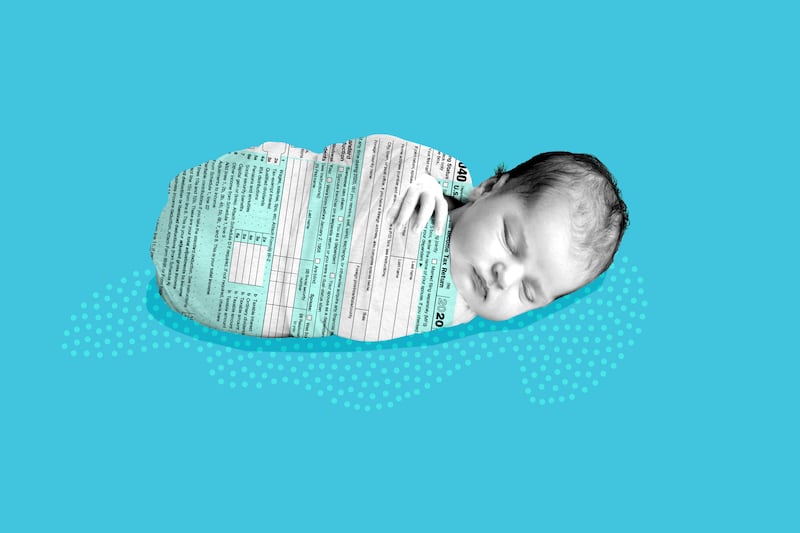Adoptees wrestle often with “what-ifs.” What if my birth mother had kept me? What if I had been raised in her family? What if she’s trying to find me?
As an adopted child, these questions ran constantly through my head, affecting my sense of worth and causing anxiety and suicidal ideations. Only after I met my birth mother as an adult and learned my origin story did this train of thought settle.
Now I’m pondering other what-ifs as details about Utah’s “adoption tourism” come to light and lawmakers consider curbing the practice of transporting out-of-state pregnant women into Utah to facilitate adoptions. These adoptions parallel my own — an unethical placement that should not have been allowed.
Like many hopeful parents traveling to Utah to adopt, my parents crossed state lines to adopt me, where access to adoptable infants was quicker and laws more advantageous. What if they had put more thought into the ethical lines being crossed?
Similar to many expectant moms lured to Utah, my birth mom encountered professionals who didn’t have her best interests at heart. Her obstetrician was known as “the go-to guy for unwed mothers” and a colleague of my adoptive uncle’s. Despite his duty to prioritize my mother as his patient, the doctor’s care was biased. What if state laws recognized that he was acting as a broker? What if my private adoption had been seen as a public child welfare issue?
Like many mothers who initially make an adoption plan, my mother decided to parent me after I was born. But like mothers isolated from their families and supports when brought to Utah, she was alone and defenseless when the obstetrician pressured her toward adoption. “I don’t care about you. We’re done taking care of you,” he said. “But that baby’s not going anywhere until you come to your senses.” What if the care extended to my birth mother wasn’t contingent upon her relinquishing her baby? What if she wasn’t treated as a disposable vessel?
I was brought to my adoptive parents in the middle of the night by a lawyer who represented my adoptive parents. What if my birth mother had her own attorney giving her the informed consent necessary to make a sound decision? Would her lawyer have raised concerns over her infant being seized in the night?
My adoptive parents’ travel from another state compressed the timeline of my adoption, as it does for those flying into Utah to adopt. Thus, my mother was pressured to sign papers almost immediately after giving birth — during a time that’s important for recovery, bonding with a newborn and regaining coherence. What if my birth mother had been legally protected from signing adoption consents during this crucial time? Would we have both benefitted from the bonding process?
During our first call, my birth mother expressed sorrow for not getting me back. She and my grandmother kept diapers in their purses for weeks after my placement, praying for miracles. What if my mother had been given a reasonable legal time period to revoke the adoption before it became final? What if someone helped her find resources so her desire to raise me could have been honored?
These questions reflect the strong emotional ramifications inherent in adoption. And they stem from straightforward legal processes and adoption policies that can and should be reformed.
In August, legislators convened for a hearing over bill language related to the Utah Adoption Act. While I may never get satisfying answers to my what-ifs, Utah Adoption Rights proposed recommendations for policy considerations in the bill file that would circumvent exploitative adoption practices. These include allowing the revocation of consent based on fraud and extending the consent waiting period to 36 hours post-birth. They also recommended strengthening laws that prohibit unlicensed intermediaries and requiring free, separate legal representation for all expectant mothers. These recommendations, among others, would dissuade predatory practices in Utah, the only state in the nation with adoption agencies bringing in out-of-state mothers en masse.
What if we work together to stop Utah from preying on mothers and being a national shopping ground for children? What if anyone considering adoption is safe, informed and empowered about her options, the adoption process and her rights?
What if the public called their legislators in support of these changes?

